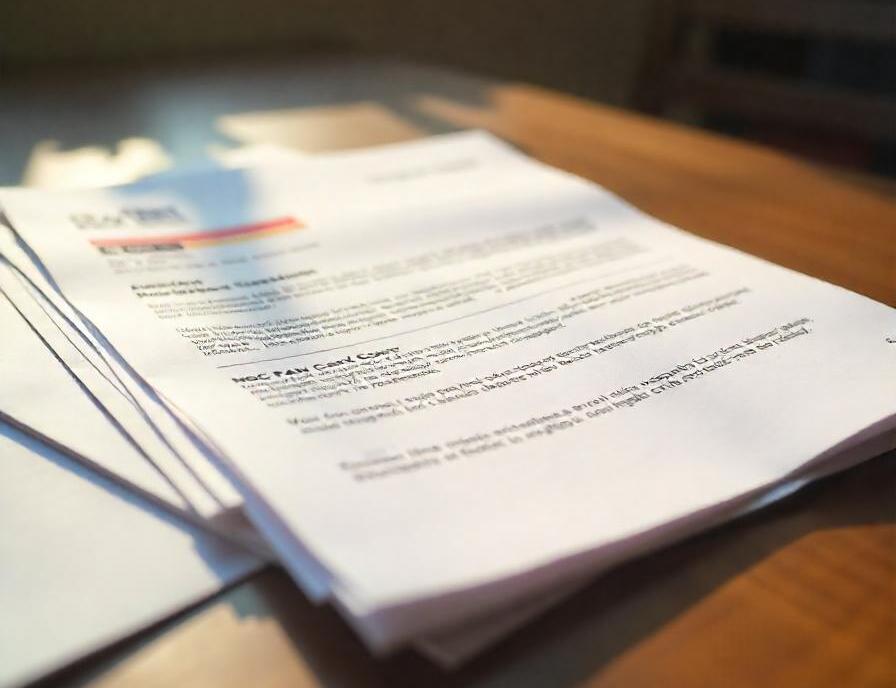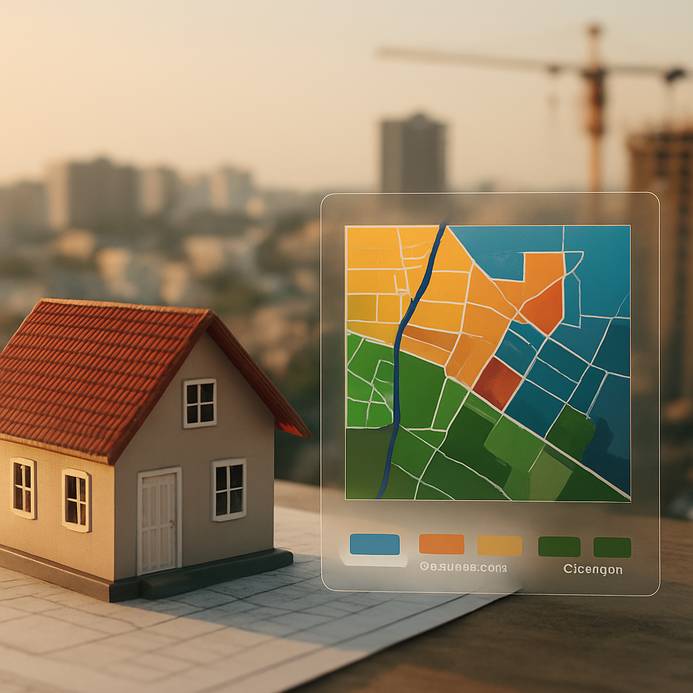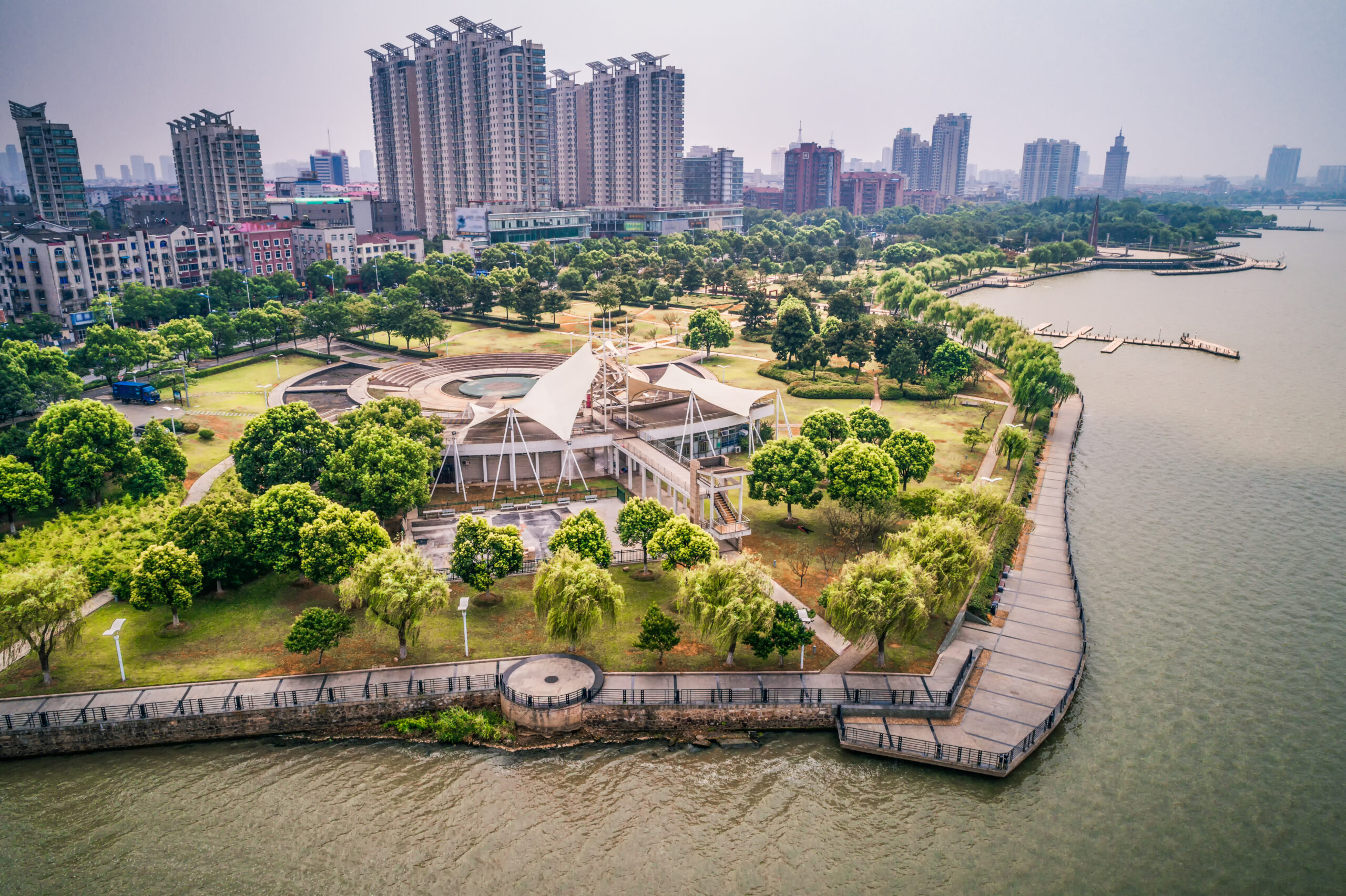Registration of Flat Compulsory before Possession?
Registration of flat before possession is a mandatory process that plays a crucial role in safeguarding the interests of both the buyer and the seller. This legal procedure formalises the transfer of ownership, ensuring that the buyer’s rights are officially recognised and protected. By completing the registration, all parties involved can avoid potential disputes and ensure a smooth transition of property ownership, providing security and clarity for the future.
Importance of Registration of Flat

- Legal ownership of flat – Registration of flat legally transfers the ownership in your name. Without it, the builder remains the legal owner, which can lead to disputes.
- Mortgage and Loan Eligibility – Banks require registered ownership to approve a home loan. They insist on the registration of under construction flats before granting home loans.
- Protection Against Fraud – Prevents the builder from selling the same flat to multiple buyers.
- Resale and Transfer Benefits – You cannot legally sell or transfer an unregistered flat. A registered flat increases its market value and liquidity.
- Avoiding Additional Charges & Penalties – Many states impose penalties for delayed registration. Stamp duty and registration charges may increase over time.
Procedure for Flat Registration
Online Document Preparation Procedure
- The user has to prepare the document to be registered using Citizen Slot Booking system and upload the required documents.
- The user then has to make the payment through an online portal and book a slot for registering the document.
- The user then has to go to the Sub-Registrar office according to the slot booked and present the document.
Procedure at Sub-Registrar Office
- The user arrives at the Sub-Registrar Office with the document to be registered.
- Officer at SR office prepares a check slip based on the details provided though PDE, making necessary changes if required.
- Upon generation of check slip, E-KYC is conducted, where finger prints of the registering parties are collected and are verified against Aadhar database.
- Payment of stamp duty, registration fees and other requisite fees is verified.
- Endorsements are then printed on the document being registered.
- Document is registered by Sub-Registrar by assigning the Regular Document number and thumb impression of the parties is also collected.
- The registered document is scanned and uploaded on the portal, which the user can download from the portal using the credentials sent via sms.
- In case of verification being unsuccessful, the applicant will be directed to make necessary changes and re-submit the application.
Documents Required for Registration of Flat

- The original document bearing signature of all parties.
- eSTAMPS evidencing payment of full stamp duty, transfer duty (if any), registration fee and user charges.
- Section 32A photo form of executants/claimants/witnesses, if required.
- Two credible persons(witnesses), who will identify the parties and identity cards with photos of such persons.
- Address proof of the executants and witnesses. The following are the valid address proofs –
- Aadhar card
- Passport issued by Government of India
- Driving licence issued by Transport Department
- PAN Card issued by IT Department
- Ration card issued by Civil Supplies Department
- Voter ID issued by Election Commission of India
- Bank Passbook with Photo
- Photograph capturing Frontal view of the property (8/6 inches).
- GPA /SPA, if any in original and its Photo copy.
- Link documents copies.
- Any other document issued by Local body related to the property.
Unveil the 50-50 payment plan
Included Charges
- Stamp duty
- Registration fee
- Transfer duty
Timelines for Registration of Flat
| S.No | Main Services | Standard | Time Frame | Name and contact details of Officer Responsible | Penalty (in Rupees) |
| 1 | Registration of Document | After registration the document will be scanned, certified and returned to the parties | 24 hours | Sub-Registrar | 50/- per day |
| 2 | Issue of Encumbrance Certificate and Certified Copies(through computer) | After conducting search of the computer record, a certificate in a fixed format is issued to parties | 1 hour | Jr. / Sr. Assistant | 10/- per hour |
| 3 | Issue of Encumbrance Certificate and Certified Copies (manual) | After conducting search of the manual record, a certificate in a fixed format is issued to parties | 24hours | Jr. / Sr. Assistant | 50/- per day |
| 4 | Registration of Marriages | When bride and groom sign the register then the registration is completed and certificate is issued | 1 hour | Sub-Registrar | 10/- per hour |
| 5 | Reference of pending document to District Registrar | It shall be done by the Sub-Registrar in one day | 1 day | Sub-Registrar | 100/- per day |
| 6 | Reference of pending document under scheme of 47- A | The Sub-Registrar has to visit the property under reference and on satisfying that proper value is not adopted makes a reference to the DR | 7 days | Sub-Registrar | 100/- per day |
| 7 | Issue of Market Value | On application by the party, a computer generated value slip is issued | 1 hour | Jr. / Sr. Assistant concerned | 10/- per hour |
Conclusion
Registering a flat before possession is the final and most important step in making your new home truly yours. It provides legal recognition to your ownership and marks the completion of your property purchase. While the excitement of moving in may be overwhelming, skipping or delaying registration can lead to certain complications. A registered property not only secures your rights but also grants you peace of mind, knowing that your investment is legally protected.
FAQs
It is not compulsory, buyer may register at his option. It is better to register the will, in case if original is lost, a certified copy can be obtained from Sub – Registrar Office.
The flat registration procedure in Telangana involves both online and offline process. While many initial steps, like document uploads and payment, can be done online, you’ll still need to visit the sub-registrar’s office for the final registration process and verification.
Property registration establishes ownership rights over the property and provides legal validity and transparency, while possession ensures that the owner or authorized occupant has the right to use the property for their purposes and fulfill their legal responsibilities.
Yes, selling an under-construction property before possession is legal in India, but it requires transferring your contractual rights to the buyer with the builder’s consent and adherence to the sale agreement’s terms.













